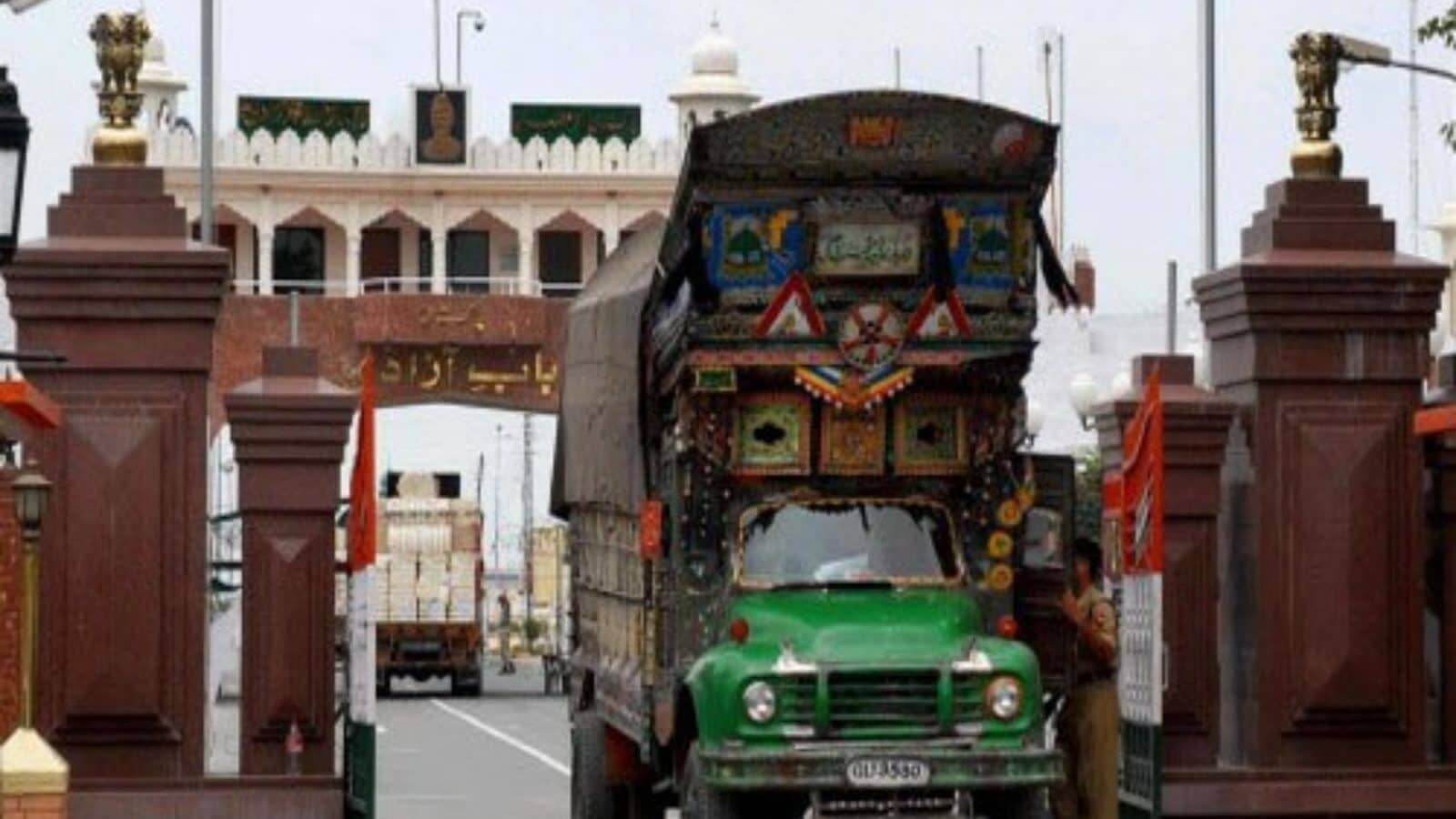On Monday, Pakistani Prime Minister Imran Khan said that Indian humanitarian aid trucks, which are carrying over 50,000 tonnes of wheat to Afghanistan, will now be allowed to pass through the country contingent upon the finalisation of the modalities of the transit.
Khan’s announcement came after he chaired the first meeting of the Apex Committee of the Afghanistan Inter-Ministerial Coordination Cell, which saw the participation of Foreign Minister Shah Mahmood Qureshi and National Security Advisor Moeed Yusuf. During the announcement, he also said that the international community must work together to avoid a humanitarian crisis in Afghanistan.
At the meeting, he ordered the release of Rs. 5 billion worth of humanitarian aid to Pakistan, which includes wheat, medical supplies, and winter shelters. He called on all the ministries of the Pakistani government to work towards facilitating assistance to the Afghan people. He also called for the approval of an in-principal tariff and the reduction of sales tax on critical Afghan exports to India. Furthermore, he said that COVID-19 vaccines for Afghans entering Pakistan from land borders will continue to be provided free of cost.
The announcement comes after weeks of deliberations between India and Pakistan on the issue. At the beginning of November, India requested Pakistan to allow the passage of 50,000 tonnes of wheat to Afghanistan. Following this, Afghan Acting Foreign Minister Amir Khan Muttaqi also requested Pakistan to release the said humanitarian aid. However, while Khan has vowed to allow the passage of the aid, it remains unclear whether the Indian trucks will be allowed to transit through Pakistan or will be required to undergo the more cumbersome process of reloading the produce onto Pakistani carriers.
According to officials quoted by the Indian Express, Pakistan had been delaying the decision and blocking India’s aid to the detriment of the Afghan people. They said that allowing access to the land route is critical, as transporting such large quantities of food grains via air is extremely difficult. However, despite the urgent need of the Afghan people, the decision continues to be delayed.
India is a significant supplier of wheat to Afghanistan, having delivered over a million metric tonnes to the country over the past decade. Last year alone, India donated 75,000 metric tonnes of wheat to Afghanistan. With winter coming, the food shortage continues to aggravate the humanitarian crisis in the country.
In fact, in September, 3.8 million people received food aid, and 21,000 children and 10,000 women received treatment for acute malnutrition. Against this backdrop, the World Food Programme (WFP) has expressed hope that Pakistan will soon approve the delivery of aid from India, with WFP Country Director in Afghanistan Mary-Ellen McGroarty saying that Afghanistan currently has a “wheat shortfall of 2.5 million tonnes.” Keeping this in mind, China, Turkey, and even Pakistan itself have already dispatched aid to Afghanistan. Yet, India’s aid continues to be blocked by Pakistan, further exacerbating the threat of a severe humanitarian crisis in Afghanistan.
Pakistan PM Imran Khan Approves Passage of Indian Aid to Afghanistan After Weeks of Delays
It remains unclear whether the Indian trucks will be allowed to transit through Pakistan or will be required to undergo the cumbersome process of reloading the produce onto Pakistani carriers.
November 23, 2021

IMAGE SOURCE: NEWS18
